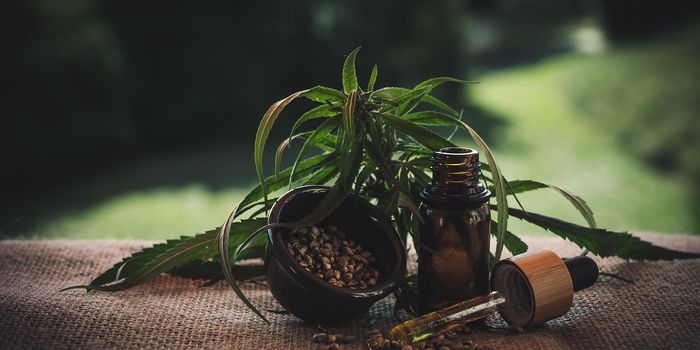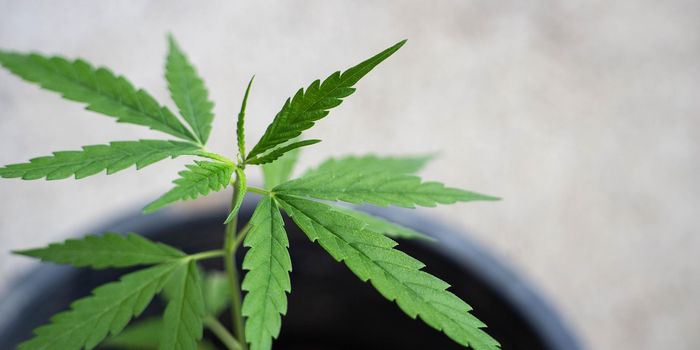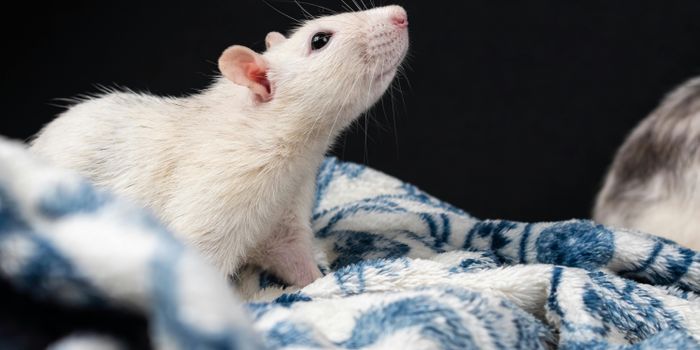Benefits of Cannabis Tissue Culture
Cannabis cultivation has embraced tissue culture due to this approach’s many advantages. Tissue culture cultivation is the process of harvesting mother plants for their branch tips, trimming the tips for cuttings, or “clones”, and monitoring the root development of those clones in a contaminant-free growing environment. It provides greater control over many aspects of cultivation such as cost savings, crop loss mitigation, plant genetic engineering, and disease management. Tissue culture cloning has been used successfully with crops like potatoes, orchids, bananas, tobacco, and dates. Many crop industries have developed successful tissue culture production systems and phytosanitary standards that provide some instructive models for the cannabis industry. Most commercial cannabis grow facilities use tissue culture to promote plant health, ensure genetics, and support commercial mass propagation.
Tissue culture offers greater risk control throughout a crop’s growth cycle. It prevents fungal and mold infection in early stages when tips are cut from the mother plant and transplanted to a growing medium. Growers report that tissue culture reduces disease incidence and pesticide use. This technique is an effective crop-loss mitigation tool in production farming.
Tissue culture ensures a genetic replica of the mother plant. Genetic consistency is important for the consumer as well, since many medical cannabis patients rely on specific strains to manage their symptoms. Protecting cannabis genetics is critical to the cannabis industry and cannabis science research.
Tissue culture is a cost-efficient way to support economies of scale. Since clones are used instead of seeds, the time to harvest and expenses with purchasing seeds decrease. Scaling up production is profitable, but it also increases the risk of disease, pathogens, and other potential plant health threats. Tissue culture offers a proactive approach for limiting pest infestation, virus outbreaks, and fungal problems.
Tissue culture also has challenges that growers need to consider. Cannabis diversity poses a challenge, since some strains respond better than others to tissue culture than others. It can reduce production efficiency for some varieties. As cannabis genome type characterization becomes more advanced, research will identify tissue culture practices most effective for each genetic strain.
Sources:
Cannabis Industry Journal, Frontiers in Plant Science








